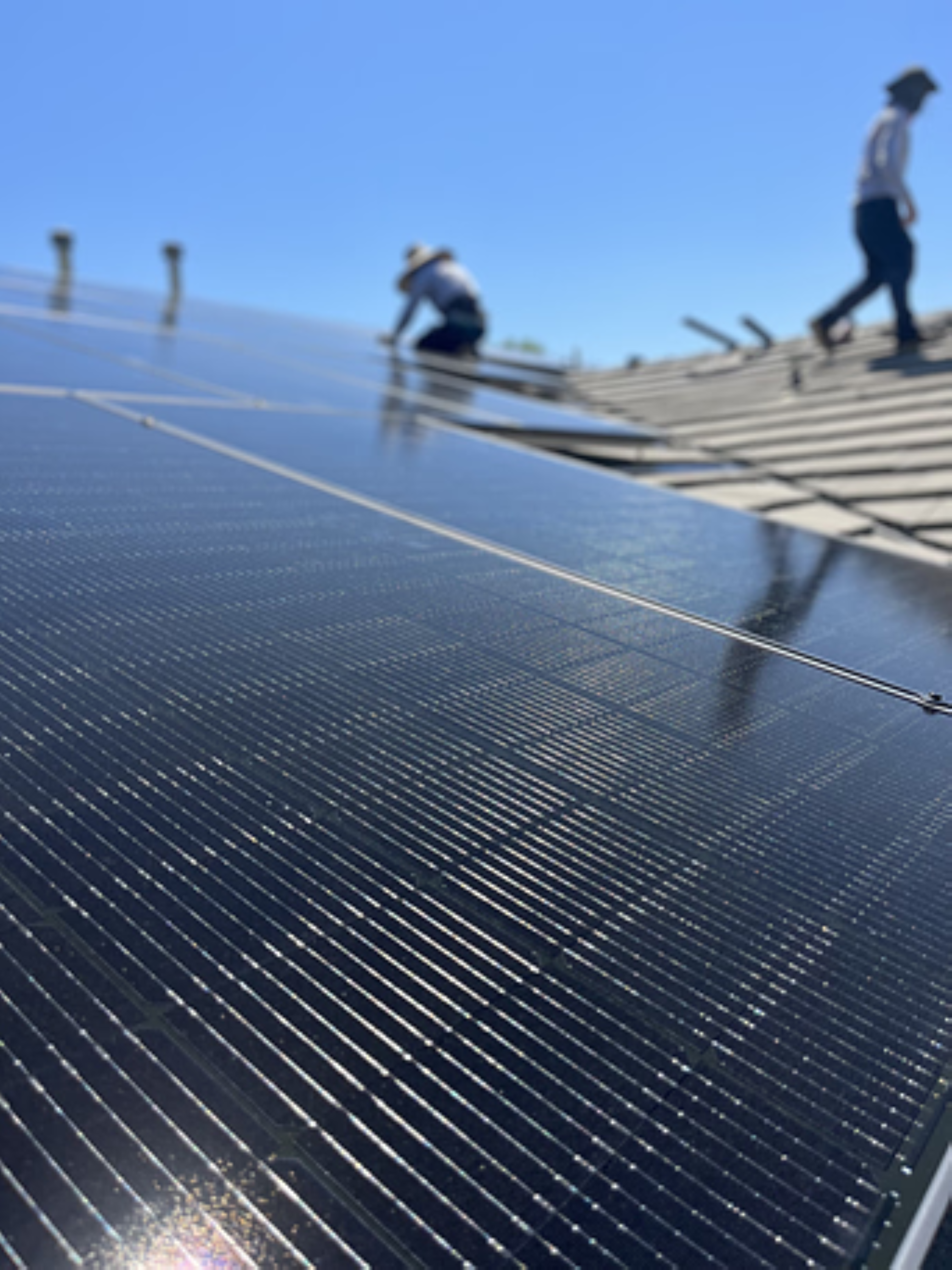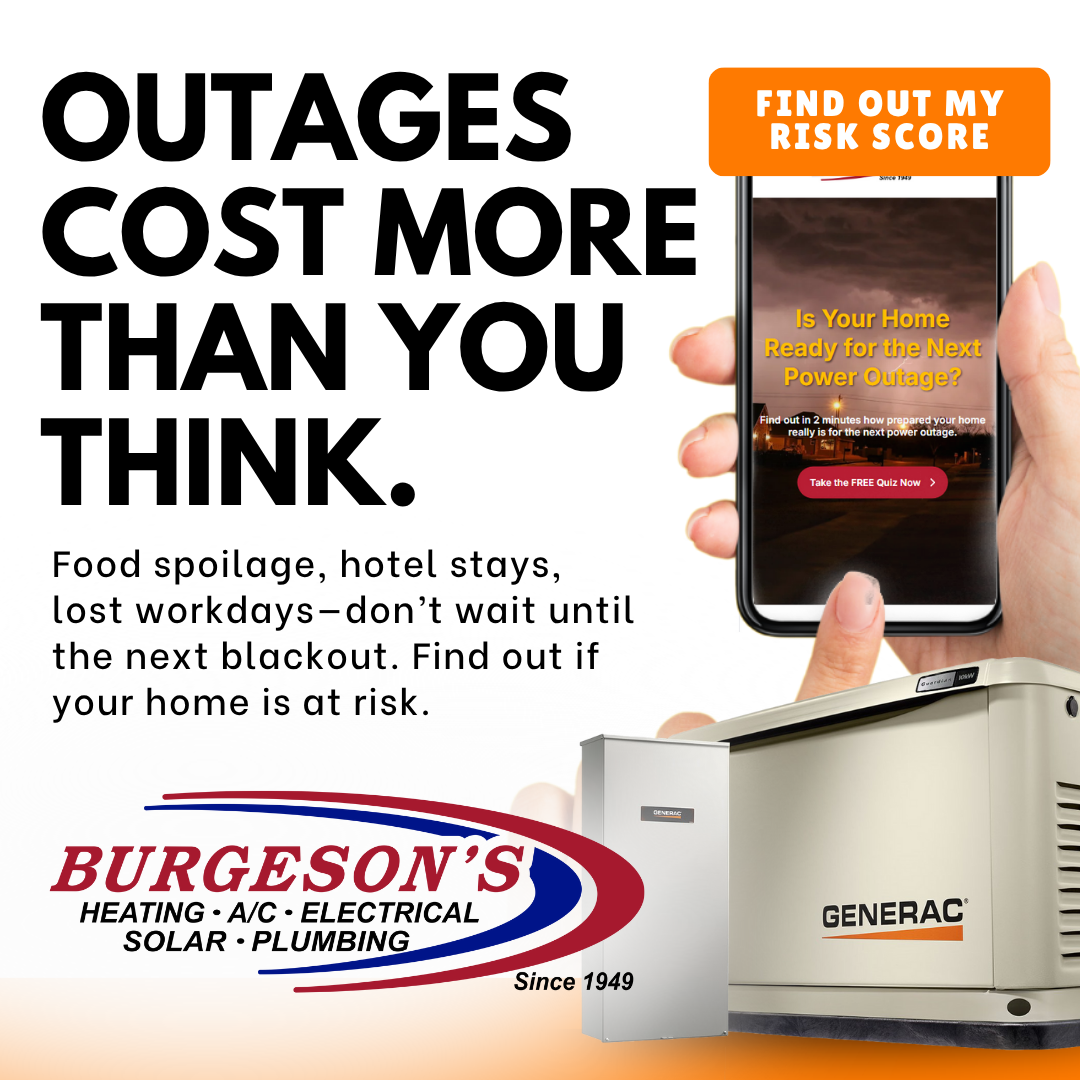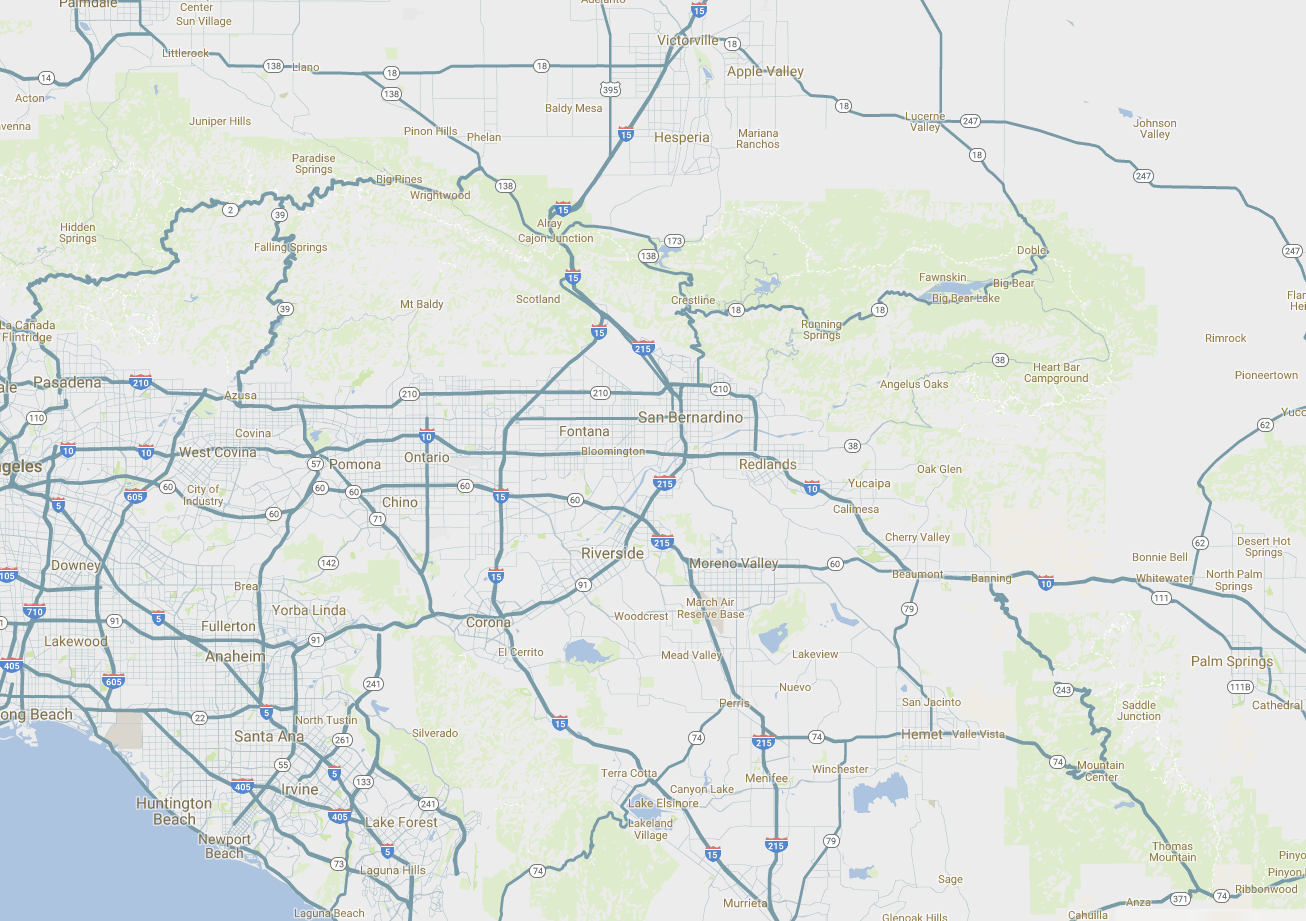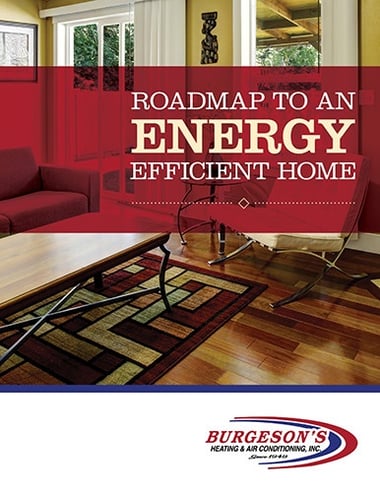How Many Solar Panels Do I Need? A Californian Pro Explains
If you’re asking "How many solar panels will I need", you’re not alone! It’s one of the first questions homeowners have when thinking about going solar. The answer isn’t one-size-fits-all, as it depends on a few key factors. The number of solar panels a house needs varies depending on your home’s energy usage, available roof space, and the amount of sunlight your area receives.
On average, homes in California might need anywhere from 8 to 20 solar panels, but that’s just a general estimate. The exact number can be higher or lower based on factors like the size of your home and how much electricity you use each month.
Wondering how to determine how many solar panels you need? The number of panels isn’t just about space—it’s about calculating your energy needs and matching that to the right solar panel wattage.
Let us help you understand the process that your advisor will use to figure out the right solar panel count for your home.
Want help sizing your solar energy system? Burgeson’s can help!
FACTORS THAT DETERMINE HOW MANY SOLAR PANELS YOU NEED
If you’ve been wondering, “How many solar panels will I need?”, the answer depends on several key factors. Let’s break down the most important elements that determine the number of solar panels for a house.
YOUR HOME’S ENERGY USAGE
The first factor is your home’s energy usage. On average, homes in California use about 7,000 kWh/year (kilowatt-hours per year). But how do you know how much energy you use? The easiest way is to check your electricity bill online. Your provider should break down how much energy you consume in an hour, day, month or year!
Once you know your energy consumption, you can estimate how many solar panels will be enough. For example, a home that uses 7,000 kWh/year may need 20-30 solar panels, depending on the panel’s efficiency. Larger homes or homes with more appliances and higher energy usage will likely need more panels to meet their needs.
SOLAR PANEL WATTAGE & EFFICIENCY
Next, we look at the wattage and efficiency of the panels themselves. Solar panels typically range from 250W to 410W per panel. The wattage refers to how much power a panel can generate. A 410W panel generates more power than a 250W panel, so fewer panels are needed to meet the same energy needs.
Efficiency is just as important. A more efficient panel will convert more sunlight into energy. For example, high-efficiency panels might produce more electricity with less space. When asking “How to determine how many solar panels you need,” remember that choosing higher wattage or more efficient panels can reduce the number of panels required. For expert advice and professional installation, you can check out Burgeson’s Solar Panel Installation services.
AVAILABLE ROOF SPACE
Another important factor is the amount of roof space available for solar panels. If you don’t have much space, you may need to opt for higher wattage panels. Roof size and orientation play a big role in how many panels can fit.
Ideally, you want south-facing roofs, as they get the most sunlight. Sloped or shaded roofs can reduce how many panels you can install, meaning you may need more efficient panels to generate the same amount of power.
SUNLIGHT HOURS IN YOUR AREA
Finally, sunlight hours are crucial in determining how many solar panels your home needs. This number will vary depending on your location. In Southern California, homes receive about 6-10 hours of sunlight per day (depending on the season). The more sunlight your roof gets, the fewer panels you may need. If your home is located in a sunnier area or has fewer cloudy days, you might need fewer panels.
On the flip side, areas with less sunlight or more rain may need more panels to generate enough power.
Want more personalized help? Consult a professional to get the exact number of how many solar panels are best for your home and energy needs.
OTHER CONSIDERATIONS THAT MAY IMPACT SOLAR PANEL COUNT
There are a few other important factors to consider that can change the number of panels required when answering the question, “How many solar panels will I need? Let’s break it down.
BATTERY STORAGE
If you plan on adding battery backup to your solar system, you’ll need to account for extra panels to store the energy. A solar battery like Enphase or Tesla Powerwall allows you to store excess energy for use later, but this takes up more energy production capacity.
If you want to ensure that you have enough energy stored to power your home at night or during a blackout, you might need additional Solar panels to meet both your daily and storage needs.
NET METERING (NEM 3.0 IN CALIFORNIA)
In California, the new NEM 3.0 policy has affected how much you get paid for the excess energy your solar system sends to the grid. With reduced buyback rates, you may not earn as much credit for your excess energy, which can impact your True-Up bill.
This change can also affect your solar savings, making it essential to understand how much energy your system can produce and how much you can sell back. As a result, you might need more panels to meet your energy needs or reduce reliance on the grid.
SHADING & PANEL PLACEMENT
Do you have trees, buildings, or other obstacles around your roof? Shading can significantly impact how much sunlight your solar panels receive. When figuring out how many solar panels for a house you need, keep in mind that shaded panels won’t produce as much energy. This means you might need more efficient panels or a higher number of panels to meet your energy needs. Make sure to consider how panel placement and shading could affect the total number of panels required.
FUTURE ENERGY NEEDS
Lastly, think about your future energy needs. Are you planning to add electric vehicles (EVs) or expand your home? These changes can increase your overall energy consumption, meaning you may need more solar panels to meet those needs. It’s always a good idea to plan for the future when deciding how to determine how many solar panels you need.
WHEN TO CONSULT A SOLAR PROFESSIONAL
When you’re asking, “How many solar panels will I need,” you might be tempted to do the math yourself, but there are several benefits to getting a customized solar assessment from a professional. Sure, DIY estimates are helpful, but they might not always give you the most accurate result.
A solar professional can consider specific factors about your home that DIY estimates can’t. For example, roof angle and shading can significantly impact how much sunlight your panels receive. A professional will evaluate your roof’s orientation and ensure your system is set up to get the most sunlight possible.
Additionally, they’ll consider energy usage specifics—things like how many appliances you use and whether you plan to add an electric vehicle or other energy-hungry devices. This personalized touch ensures you’re not overestimating or underestimating the number of panels you need.
You might wonder, “Can’t I just estimate it myself?” While it’s a good idea to have an initial understanding, there are a lot of moving parts when it comes to how to determine how many solar panels you need. A professional will give you a precise calculation that factors in your energy needs, roof space, panel efficiency, and local climate conditions.
The great news? Burgeson’s offers FREE solar consultations to help homeowners, like you, make an informed decision. Our experts will assess your home’s unique needs and design the perfect solar panel system for your energy consumption. Getting a professional’s help can save you time, money, and potential headaches in the long run!
Contact Burgeson’s today to schedule your FREE consultation and get the best solution for your home!














